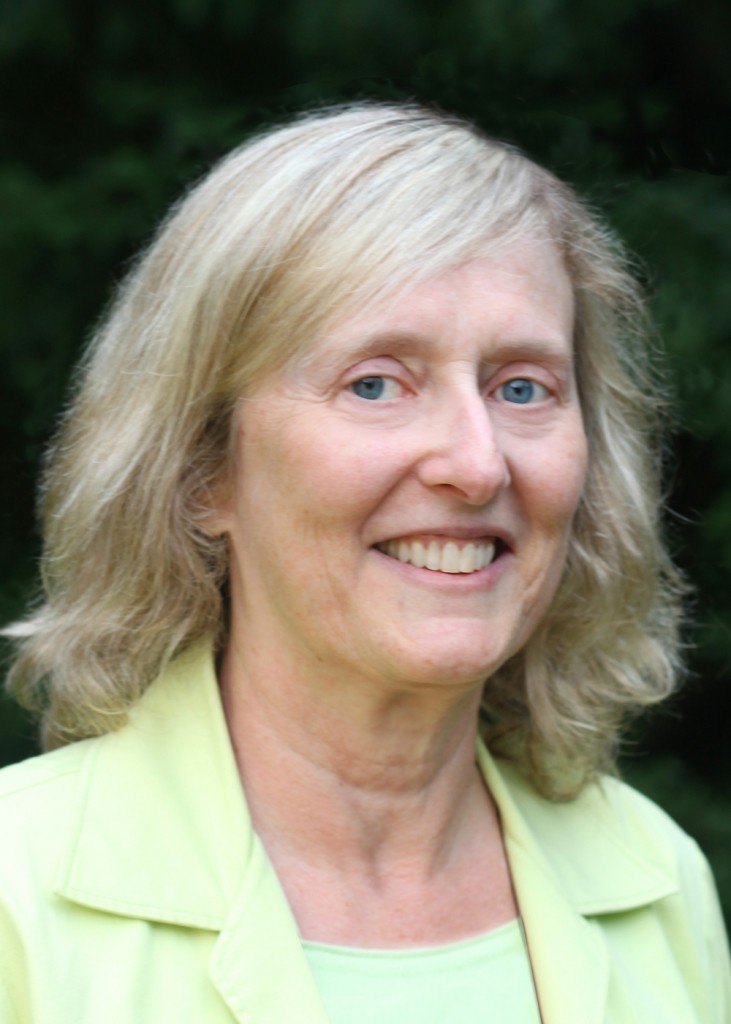The University of Guelph has named the inaugural holder of North America’s first research chair focused on the human-animal bond and the role of technology in animal health care.
Theresa Bernardo will join U of G Sept. 17 as the IDEXX Chair in Emerging Technologies and Bond-Centered Animal Healthcare.
Bernardo, a U of G alumna, is a faculty member in epidemiology and public health informatics at Michigan State University (MSU). She also headed knowledge management and communication for the Pan American Health Organization (PAHO), part of the United Nations system.
Her appointment follows an eight-month international search by U of G’s Ontario Veterinary College (OVC).
The chair is funded by a $1.5-million gift from IDEXX Laboratories, Inc., a multinational corporation that produces diagnostic and information technology-based products and services for the veterinary industry.
Bernardo is an international leader in addressing complex health problems through technology, said Prof. Kerry Lissemore, interim OVC dean.
She has spent the past 28 years using emerging technologies for global veterinary and public health in more than 30 countries. Working with PAHO, she has looked at new ways to use technology to save lives in disasters, such as the worldwide flu epidemic (H1N1) and Haiti earthquake.
“We are fortunate to have attracted someone with Theresa’s experience and reputation,” Lissemore said.
“She brings with her strong leadership, a proven track record and a shared vision for using information technology across the educational, research and service missions of OVC and the University.”
At OVC, Bernardo will co-create new learning experiences for student veterinarians that allow them to use emerging technologies to improve the care of their patients and strengthen their relationships with animal owners and among the veterinary team.
She will help develop a world-class research and graduate training program connecting veterinary medicine and epidemiology with emerging technologies, including social media and veterinarian supported web-based care.
She’ll also use epidemiology and other methodologies to address key questions for animal health-care providers.
Bernardo will be based in the Department of Population Medicine.
“I am extremely grateful for this unique opportunity and am excited to be returning to OVC,” Bernardo said.
She hopes to use emerging technologies — smart phones, the “Internet of Things,” big data and artificial intelligence — to improve the health and well-being of animals and their caregivers and communities.
At MSU, Bernardo directed the Information Technology Centre and founded the veterinary college’s one-health knowledge initiatives. Previously, she designed and co-developed a multilingual disease surveillance and mapping system used in more than 100 countries and adopted by the World Organization for Animal Health (OIE) and the United Nations.
She was a member of the World Organization for Animal Health’s working group for epidemiology and informatics and has been a consultant for the Canadian International Development Agency and Fortune 500 companies.
She received her DVM from OVC in 1984, and holds a master’s degree in epidemiology from the University of Prince Edward Island.